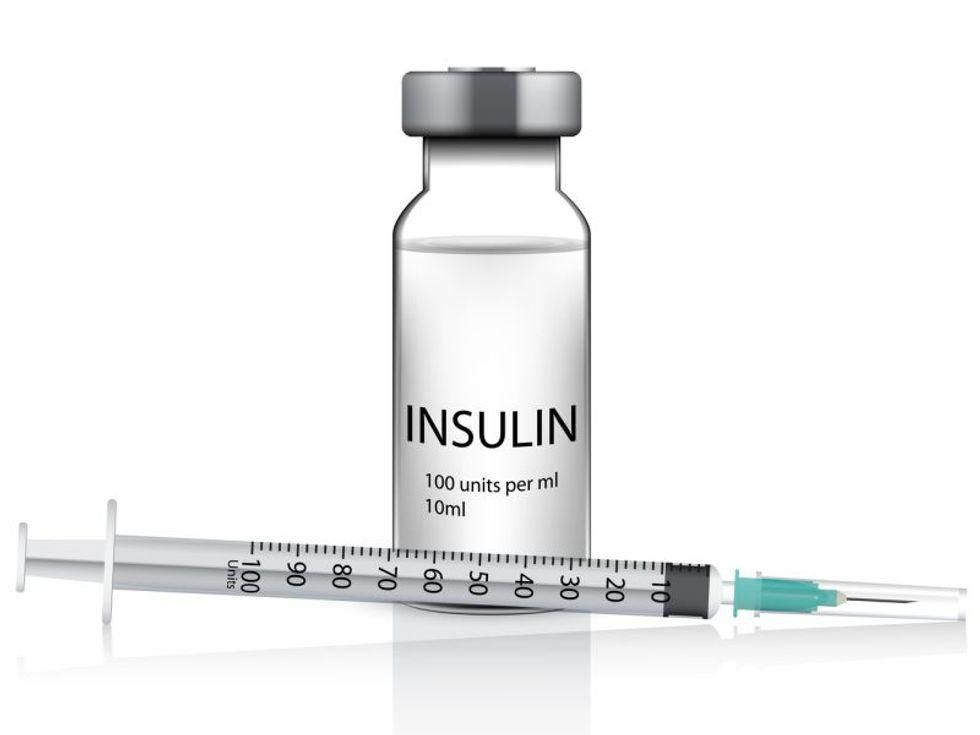
Extremely premature babies have a much higher risk of cerebral palsy and other neurological conditions than full-term infants, a large Israeli study affirms. Cerebral palsy — the name for a group of lifelong conditions that affect movement and coordination — is the most common cause of severe childhood physical disability and motor impairment. It can… read on > read on >






























